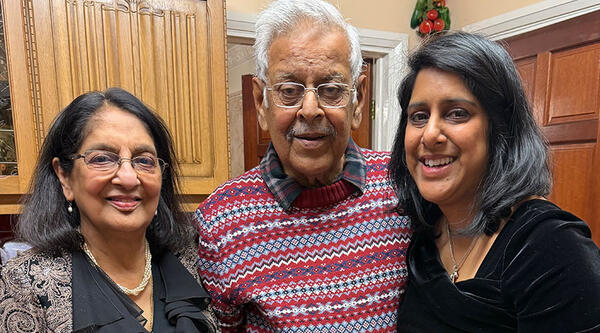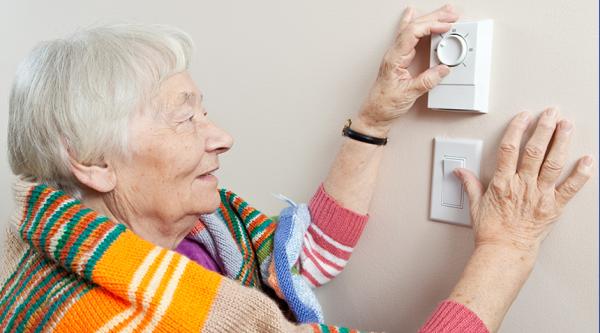Assessment for care and support in Wales
Read our guidance for carers on accessing care and support at home for people with dementia and carers. in Wales.
Assessment for care and support in Wales
- You are here: Assessment for care and support in Wales
- Care assessments for people with dementia in Wales
- Carer's assessments in Wales
- Financial assessment for carers in Wales
- Organising care plans and financial support in Wales
- Reviews and complaints in Wales
What care and support is available for people affected by dementia in Wales?
As their dementia progresses, the person will find everyday activities more difficult. This can make you feel stressed, anxious, or that you can no longer provide the level of care they need. This can affect the wellbeing of the person with dementia and even put them at risk of harm.
You don’t have to manage alone. Care and support is available from your local authority). The local authority can also provide help to support you both emotionally.
Living in England or Northern Ireland?
This information is for people living in Wales, as assessment for care and support is different in England and Northern Ireland. See our information on assessment for care in these countries
What are care assessments?
The point of care and support is to help you as a carer, as well as the person with dementia. It may be difficult to think about asking for support, especially if you feel like you and the person you support have been coping well.
But support can help you to maintain your health and wellbeing as well as carry on providing care.
To find out what support and care is best for you, the first step is arranging an assessment. There are two different assessments and they are different in who they are used for:
- A care assessment is for a person with dementia
- A carer’s assessment is for a carer
Care assessment
A care assessment for a person with dementia may be called different things by different organisations. This includes a ‘community care assessment’, a ‘care needs assessment’ or a ‘social care assessment’.
Everyone has unique needs, so the type of care and support will be different from person to person. Needs also change over time. Care and support should be tailored to meet your needs now and then adapted or increased in the future.
For a person with dementia, examples of care and support could be:
- someone visiting their home to help prepare meals
- help with dressing or washing
- attending a day centre or other activities in the community.
Carer’s assessment
The carer’s assessment may take place separately from the assessment of the person with dementia, or the person with dementia may not be having an assessment themselves. You will have the opportunity to explain what you do as a carer, and also what help and support you would like.
For you, as a carer, care and support could be:
- Training to help with your caring role, for example, showing you how to move and handle the person you care for, or how to use any specialist equipment.
- Providing additional services to the person so that you can have a break.
- Giving you advice about benefits you could be entitled to as a carer.
How to arrange an assessment for care and support
You can ask for a care assessment for the person with dementia or carer’s assessment directly from your local authority’s adult services or social services department. You can find the department’s contact details:
- online
- at your GP surgery
- at local carers’ organisations
- at the local library
- through the staff involved in the person’s discharge (if the person is in hospital).
The person with dementia can ask for an care assessment themselves, or you can do this for them. Other people can also arrange an assessment of need on behalf of the person with dementia. These include:
- the person’s GP, consultant, or another health or social care professional, such as an occupational therapist
- a carer or relative
- a hospital social worker (if the person is in hospital).
If you ask for a care assessment on behalf of the person with dementia, you must get their consent first. You can get consent by checking that the person agrees to you requesting this. Some people with dementia may lack the ability (mental capacity) to give consent. You can then ask for an assessment if it is in the person’s best interests.
Speak to your local authority and ask for information and advice as soon as possible. This may be when you start noticing daily activities are becoming more difficult for you or the person with dementia.
You could start by looking at the local authority’s website to see what support is available and how to get in contact. The information will help you to plan ahead for care and support. This will give you both more time to explore your options. It will also help with planning for emergencies or preparing for times when you may not be able to provide care.
Financial assessments: who pays for care and support?
You each have to meet certain criteria (conditions) to have care and support provided by the local authority. There are different criteria for the care needs assessment and the carer’s assessment. In addition, the local authority will undertake a financial assessment for each person.
The adult services or social services department will use this to decide if and how much it will pay towards care and support for the person with dementia or for you.








